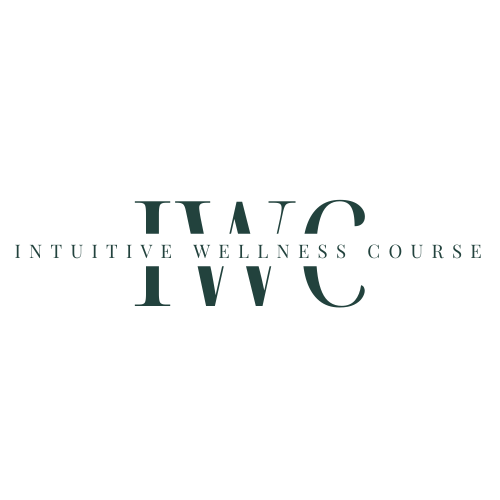Wellness is a holistic concept that encompasses various aspects of a person’s overall health and well-being, going beyond just the absence of illness. It involves the integration of more than just the physical, mental, and social well-being to lead a fulfilling and balanced life. Wellness is a state of being achieved when awareness or mindfulness remains a constant in our day-to-day lives. Here are some key components of wellness described briefly below:

- Physical Wellness: This involves maintaining a healthy body through proper nutrition, regular exercise, adequate sleep, and avoiding harmful habits such as smoking or excessive alcohol consumption.
- Mental Wellness: Mental well-being is about emotional and psychological health. It includes managing stress, cultivating positive thoughts, coping with challenges, and maintaining good mental health.
- Social Wellness: Social well-being focuses on building and maintaining healthy relationships with others. It involves effective communication, strong social support networks, and a sense of belonging and connectedness.
- Emotional Wellness: This aspect involves understanding, expressing, and managing emotions in a positive way. Emotional wellness contributes to overall mental well-being.
- Intellectual Wellness: Intellectual well-being involves engaging in activities that stimulate the mind, promote learning, and foster creativity. It includes a commitment to lifelong learning and personal development.
- Occupational Wellness: This pertains to finding satisfaction and fulfillment in one’s work or chosen activities. It involves achieving a balance between work and personal life and finding meaning and purpose in one’s occupation.
- Environmental Wellness: Environmental well-being involves fostering a connection to and care for the environment. This includes promoting sustainability, living in harmony with nature, and creating surroundings that support overall well-being.
- Spiritual Wellness: Spiritual well-being is about finding meaning and purpose in life. It doesn’t necessarily imply a religious affiliation but rather a sense of connection to something greater than oneself.
Wellness is dynamic and individualized, and what contributes to well-being can vary from person to person. Adopting a wellness-oriented lifestyle involves making conscious choices that promote a balanced and healthy existence across these various dimensions of well-being.
The Intuitive Wellness Course walks you through all aspects of wellness (and my 8 pillars of wellness: Energy, Intuition, Habits, Emotional, Spiritual, Physical, Relationships & Environment, & Fueling) and guides you as you dig deep within your own being to dial in your desired state of multidimensional wellness.
For wellness done YOUR way, you can find more details on the Intuitive Wellness Course here.


+ show Comments
- Hide Comments
add a comment